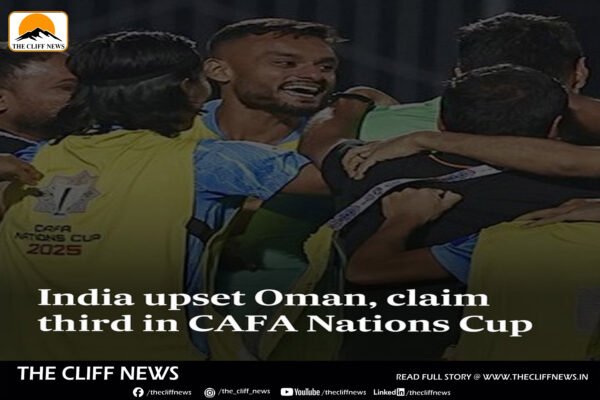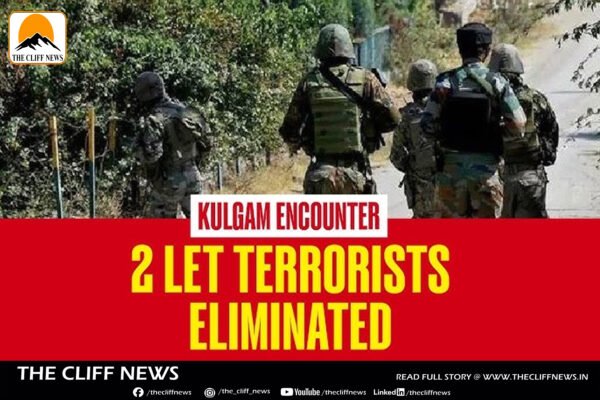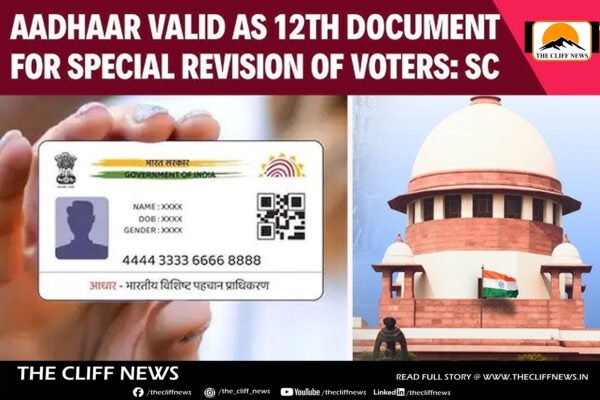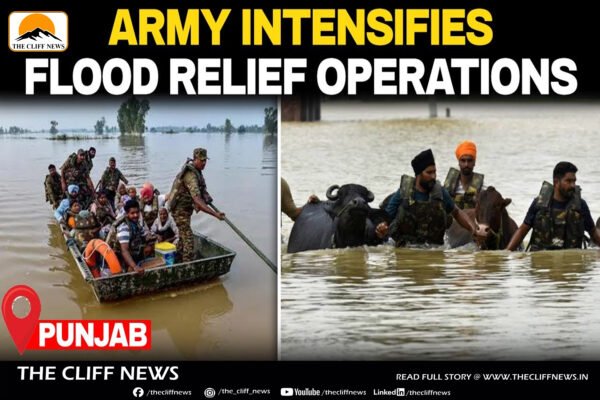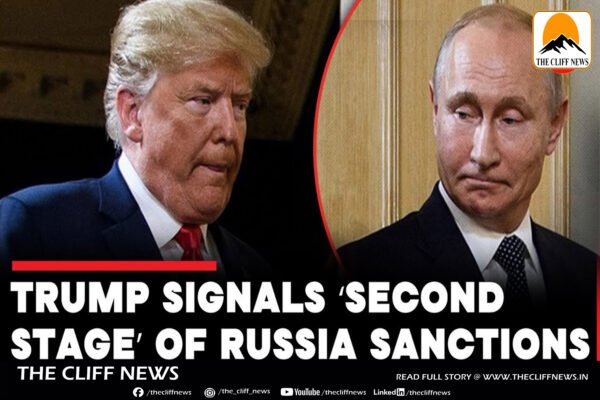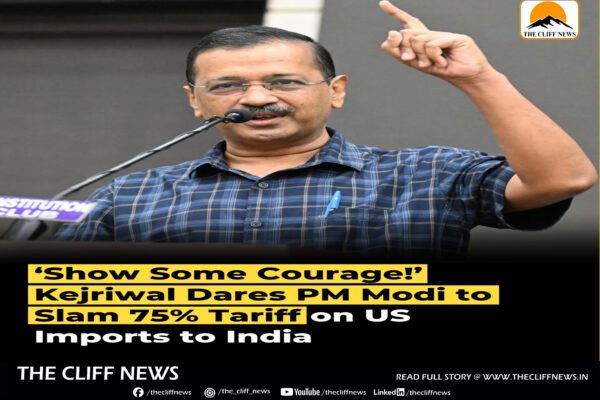Kajal Aggarwal Quashes Death Rumours, Assures Fans She Is “Perfectly Fine”
Actor Kajal Aggarwal became the latest victim of an online death hoax after false reports claiming she had died in a road accident went viral on social media. The unverified stories alleged that the actress had sustained fatal injuries, sparking alarm among fans. On Monday, Kajal took to her Instagram Stories and X (formerly Twitter) to issue a strong clarification. She reassured her followers that she was safe and healthy, dismissing the rumours as “baseless” and “absolutely untrue.” “I’ve come across some baseless news claiming I was in an accident (and no longer around!) and honestly, it’s quite amusing because it’s absolutely untrue. By the grace of god, I want to assure you all that I am perfectly fine, safe, and doing very well. I kindly request you not to believe or circulate such false news. Let’s focus our energies on positivity and truth instead,” Kajal wrote. The actress also responded briefly to ETimes when reached for confirmation, saying she was “busy” but would connect later. A Maldives Break Just days before the rumours, Kajal had shared pictures from her Maldives vacation with husband Gautam Kitchlu, describing the island nation as her “recurring love affair.” Career Front Kajal was last seen in Vishnu Manchu’s mythological drama Kannappa and in Salman Khan’s action film Sikandar earlier this year.She next appears in Indian 3, directed by Shankar and starring Kamal Haasan. Buzz also suggests Kajal has been approached to play Mandodari, Ravana’s wife, in Nitesh Tiwari’s epic Ramayana — which stars Ranbir Kapoor as Ram, Sai Pallavi as Sita, and Yash as Ravana. If confirmed, it would be one of her most prominent roles in recent years.


